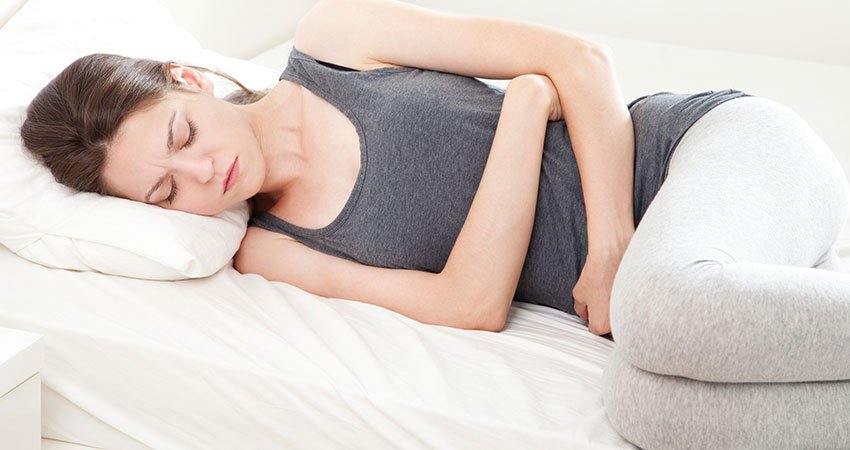Fact: there is such a thing as too much bleeding.
For both adolescents and premenopausal women, heavy bleeding that requires changing a pad or tampon more than every 2-3 hours, or periods that go on past 7 days can mean something is wrong. For many women and teens this can be regulated through birth control, but you should visit your ob/gyn to find out if something else is the culprit, such as fibroids.
Myth: taking pain pills during your period can help stop pain.
In reality, taking your period pain medication before your bleeding starts may be a better way to prevent pain from happening. If you take medication when your symptoms are already bad, then you may not be able to find relief.
Fact: Your period should not prevent you from living your life normally.
If your pain or bleeding disrupts your life to the point that you cannot do your normal activities, there may be something wrong, and you should seek treatment. It may be as easy as regulating with birth control or changing your lifestyle to make your period more manageable.
Myth: You can’t get pregnant during your period.
Many women see their period as a safe time to have unprotected sex, but it is possible to get pregnant while menstruating. Some women have long periods that overlap with ovulation, making it possible to become pregnant. Using safe sex habits can help prevent unwanted pregnancies and STDs.
Fact: When your mom started menopause matters for you.
The age your mother began going through menopause is one of the best predictors for when you will start. Talking to your mother about menopause is a great way to be aware of when menopause may start for you.
http://www.huffingtonpost.com/2013/10/14/period-facts_n_4065124.html?utm_hp_ref=womens-health




